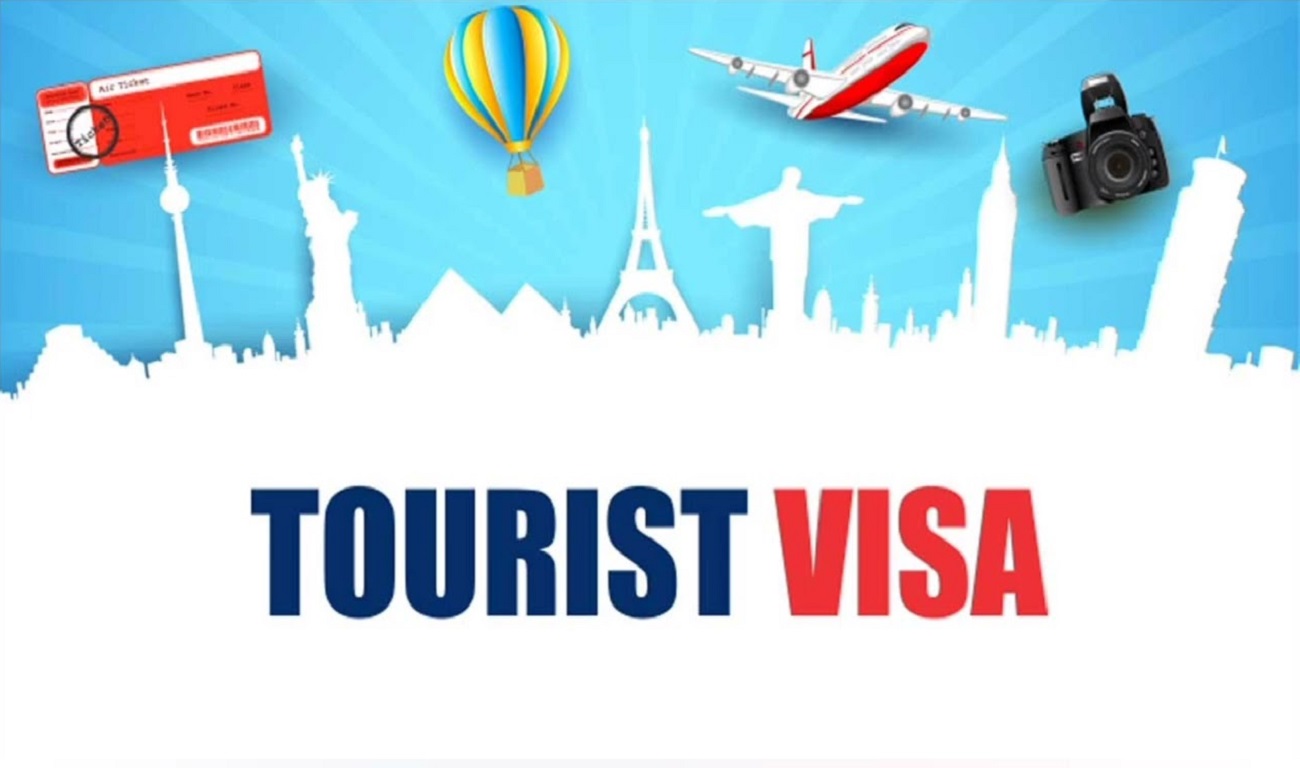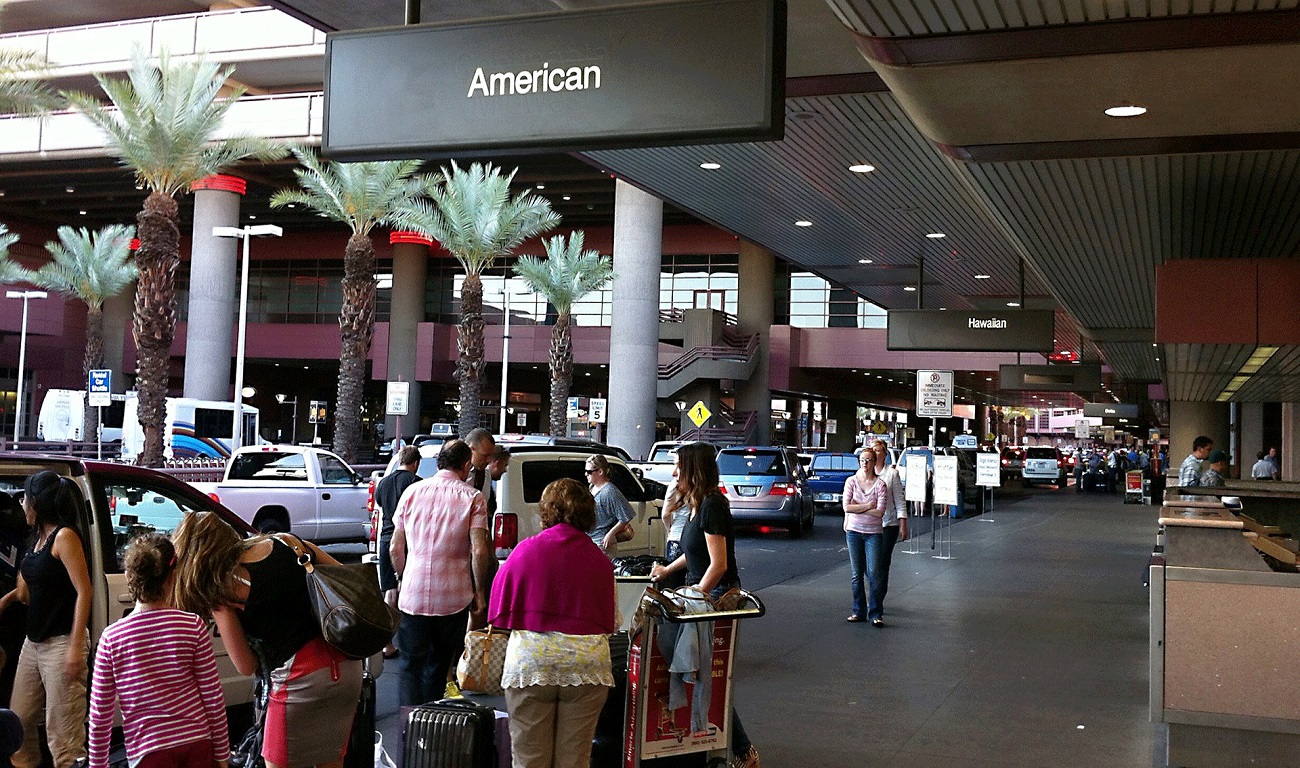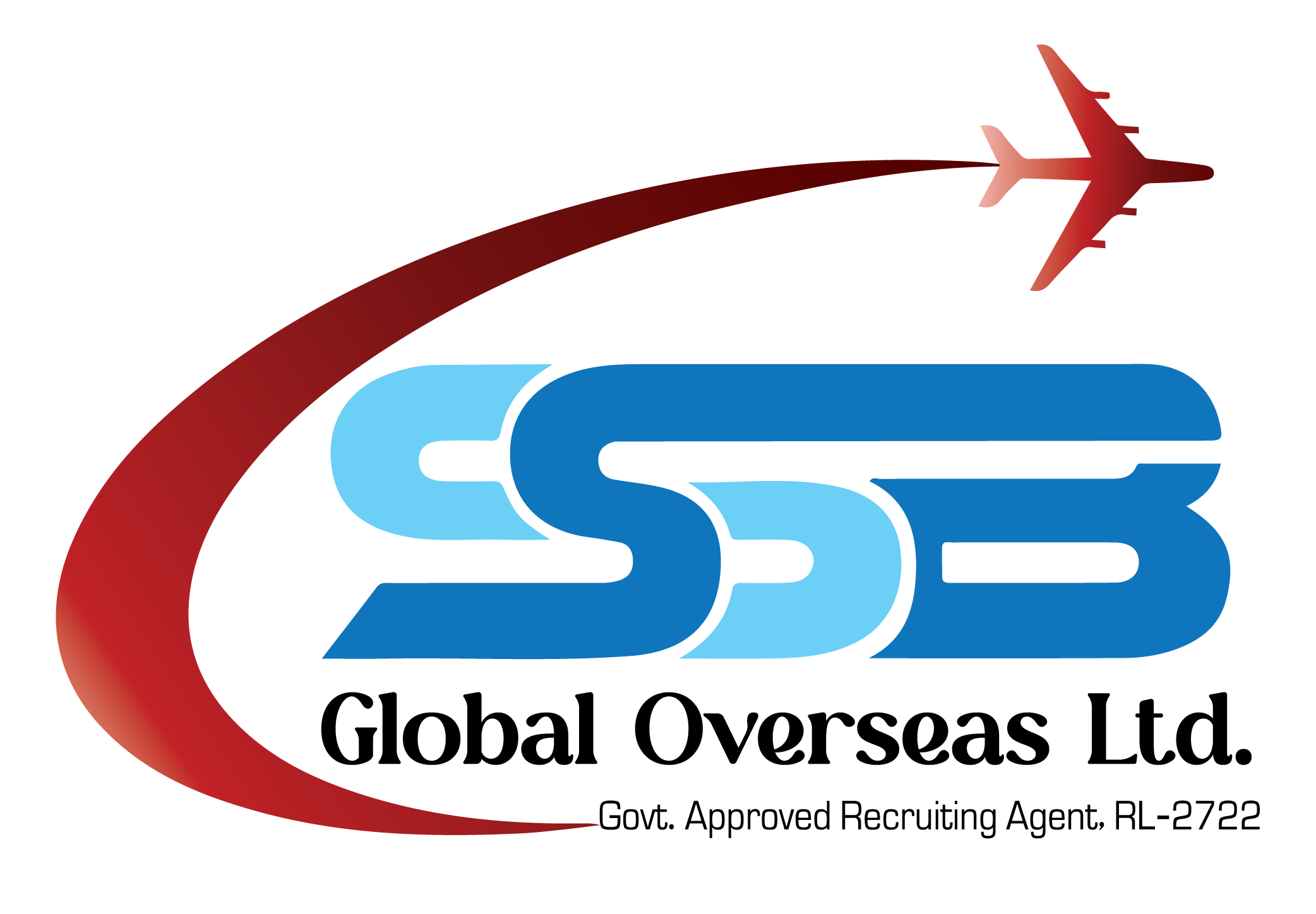
Student Visa
A student visa allows international students to study at institutions abroad. It requires a valid passport, proof of admission, financial support, and sometimes language proficiency or health insurance. The visa duration matches the course length, and work rights may vary depending on the destination. Examples include the U.S. F-1 Visa, Canada’s Study Permit, and the U.K. Student Visa.

Tourist Visa
A tourist visa allows travelers to visit a foreign country for leisure, tourism, or recreational purposes. Applicants must provide a valid passport, proof of travel plans (flight and accommodation), financial support, and sometimes a travel itinerary. The visa is typically short-term and does not permit employment. Each country has specific requirements, with duration and conditions varying by destination.

Working Visa
A working visa allows foreign nationals to work in a host country. Applicants usually need a job offer from a local employer and may require specific skills or qualifications. Additional requirements can include proof of financial stability, medical checks, and background verification. The visa’s duration depends on the employment contract, and some visas may allow family members to accompany the applicant.

Airline Ticketing (Worldwide)
Airline ticketing worldwide involves the process of booking flights for travelers across various airlines and destinations. It includes selecting the best flight options, payment processing, and managing changes or cancellations. Travelers need to provide personal details, travel dates, and payment methods. Ticketing services also offer different fare classes, luggage options, and assistance with seat selection, ensuring a smooth travel experience.

Airline Ticketing (Domestic)
Domestic airline ticketing involves booking flights within a country. It includes selecting flight dates, choosing a class of service, providing personal details, and making payment. Travelers may also manage seating preferences, luggage allowances, and check-in options. The process is typically quicker than international ticketing, but still requires accurate details to ensure smooth travel.

Travel Planning (Worldwide)
Travel planning worldwide involves several steps: selecting a destination, creating a budget, booking flights and accommodation, and organizing activities. It also includes ensuring travel documents like visas and insurance are in order. Travelers should research the best travel times, currency exchange, and health requirements. Proper planning ensures a smooth experience, covering everything from transportation to safety precautions and local customs.

Hotel Reservation
Hotel reservation involves booking a room at a hotel in advance for a specific date range. It typically requires providing personal details, payment information, and sometimes preferences like room type or special requests. Confirmation is given via email or booking number. The reservation process ensures guaranteed accommodation and can include amenities, cancellation policies, and additional services based on the hotel’s terms.

Health Insurance (Travel)
Travel health insurance provides coverage for medical expenses during travel abroad. It typically includes emergency medical treatment, hospitalization, and repatriation. The insurance may also cover trip cancellations, lost luggage, and other unexpected events. Requirements vary by destination, and policies can differ based on travel duration, age, and specific health needs. Proof of coverage may be required for certain visa applications.

Pick Up/Drop off (Airport)
Airport pick-up and drop-off services provide transportation to and from the airport. Typically, travelers provide flight details, arrival/departure times, and contact information to arrange these services. Luggage allowances and vehicle options are discussed in advance. Prepayment or confirmation may be required. Special needs, such as child seats or assistance, can often be arranged to ensure a smooth journey.
